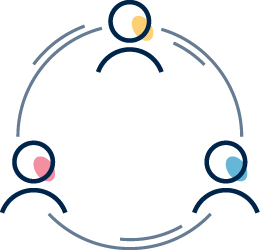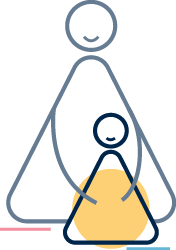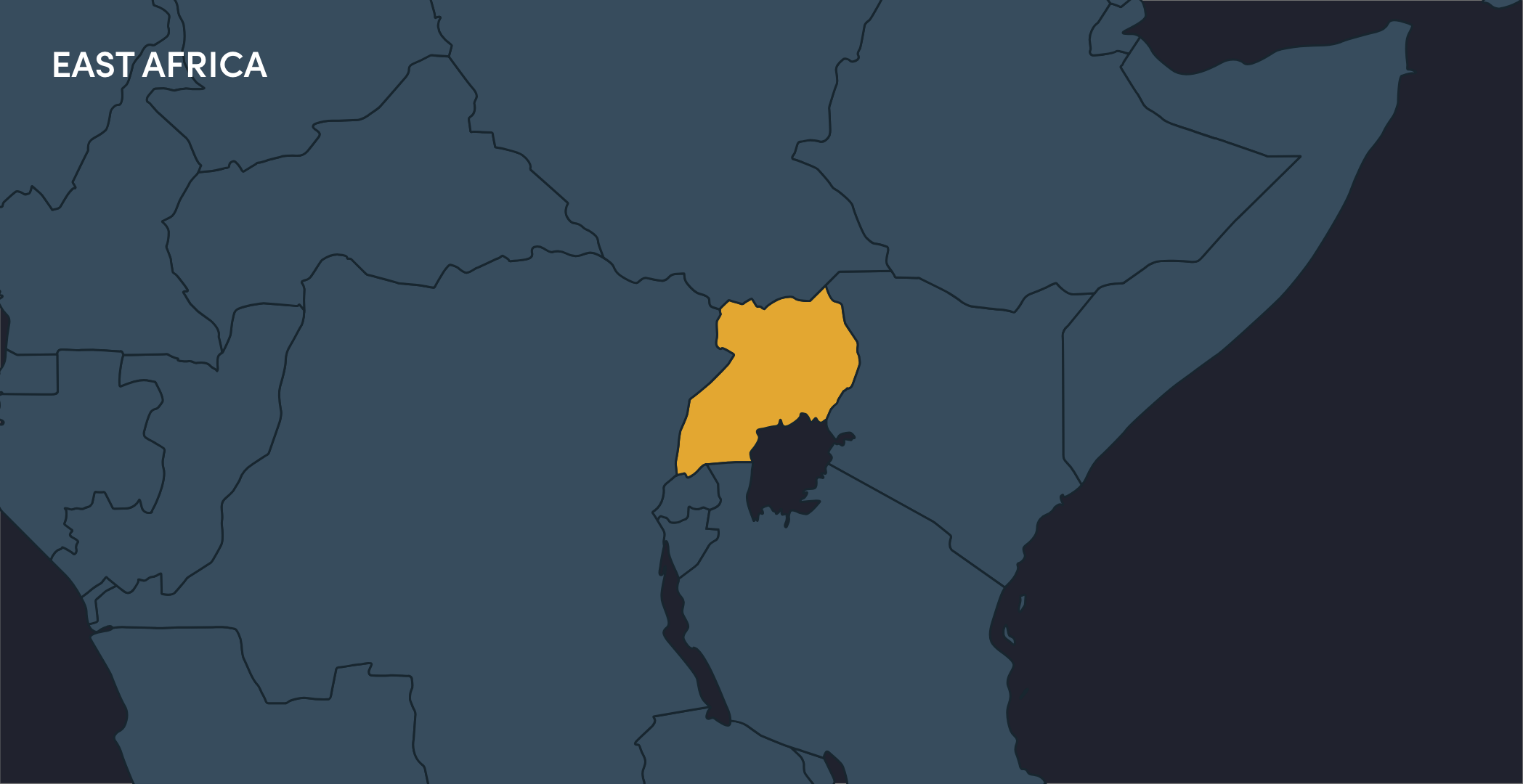Uganda is committed to accelerating evidence-based action to prevent and respond to violence against children. However, childhood violence remains prevalent: a 2018 national survey found that 75% of children had experienced violence before the age of 18.
The AfriChild Centre, together with ChildFund International, evaluated an intervention that aimed to equip children with the knowledge, confidence and skills to speak up about violence in their schools and communities and advocate for prevention and response.

CHILDREN’S UNDERSTANDING OF VIOLENCE INCREASED
Children in the intervention area understood the various forms of violence against children – physical, emotional and sexual abuse – more clearly and were more aware of their rights and what to expect from parents. For example, children in Kitgum could identify and define types of violence appropriately following the intervention. Quantitative results revealed an increase in children’s identification of violence by about 10%, as well as an increase in reported instances of violence against children by 3% and referral of cases by 10.7% at endline compared to baseline.

GREATER PARTICIPATION IN VIOLENCE PREVENTION AND RESPONSE
The intervention augmented children’s agency in community sensitization and identifying, reporting and referring cases of violence against children. For example, in response to whether children would continue to carry out prevention and response services after the end of the intervention, one child said,
“I will continue to advise children and to impart knowledge and information because, with the information I received, I must help other children.”

CHILDREN SAW RIGHTS CLUBS AS USEFUL
As compared to the control group, more children considered child rights clubs to be helpful in preventing violence against children through reporting perpetrators, referring cases and sensitizing the community about children’s rights and the negative effects of violence.
Building on previous work in strengthening community-level child protection systems, ChildFund International implemented ‘Empowering Communities to Protect Children’ from 2017 to 2020. This program used community-based mechanisms for preventing abuse and violation of children to promote violence-free communities for children’s well-being and development. It aimed to address the protection needs of 3,000 children in two sub-counties of Kitgum District (Kitgum Matidi and Lagoro).
Specifically, the intervention aimed to promote increased investment in the child protection sector and increased access to child protection services, with four outcomes:
- Strengthen community-based child protection mechanisms for prevention and response to violence against children
- Ensure access to improved child protection services for children in the supported communities
- Improve legal framework in response to violence against children that is enforced at community and district level
- Increase knowledge of violence and its harmful effects on children and their communities
Placing children at the center of childhood violence prevention and response interventions offers powerful opportunities for community awareness, reporting and referral of cases. This is important in ensuring the sustainability of violence prevention initiatives. Children in the intervention group reported that they felt they could continue activities to prevent and respond to violence against children, such as raising awareness on children’s rights, reporting and referring of violence against children cases.
Children are effective agents in violence prevention and response. Their participation in designing and implementing child protection interventions should be prioritized.
It is critical to also involve parents and caregivers in activities such as the children’s rights clubs, to ensure that they understand the importance of children’s agency in violence prevention. This study found the potential for friction between parents and their children when children’s agency was increased.
The Ministry of Gender, Labor and Social Development should ensure that the violence against children policy frameworks and plans highlight the importance of child participation in strategy, program design and implementation.
Timothy Opobo, Executive Director, The AfriChild Centre
To learn more about this evaluation and its findings, please download its evidence brief or view the full report.





